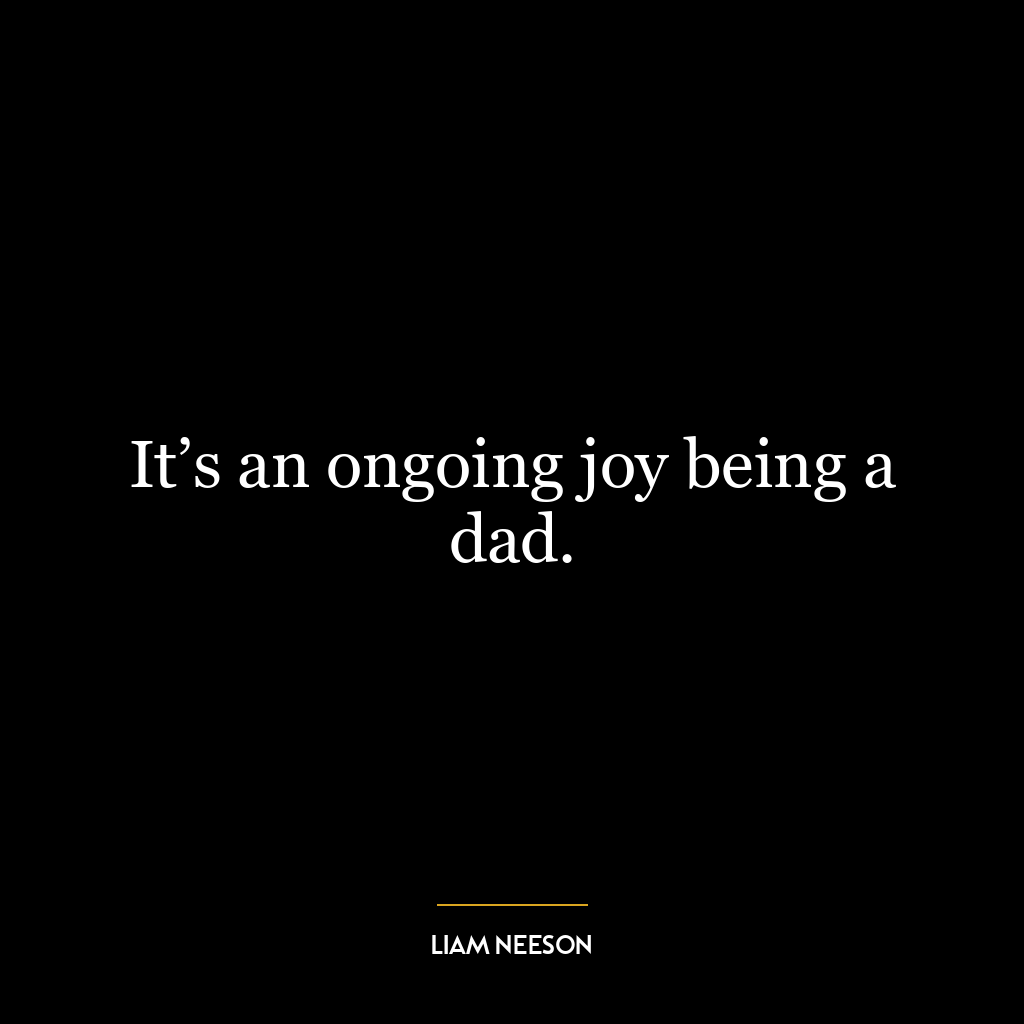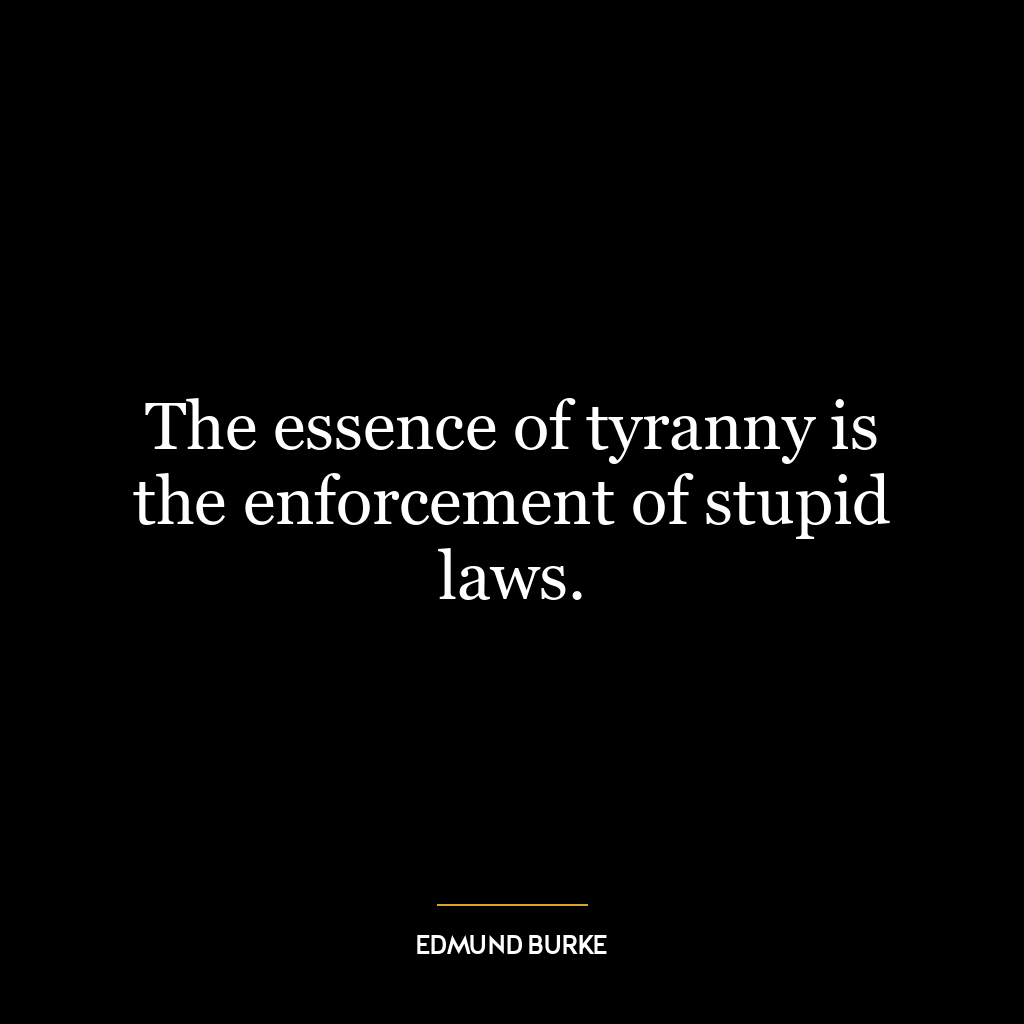'Paranoia' Quotes
Paranoia quotes are powerful statements that capture the intense fear and suspicion that individuals experience. These quotes have been used throughout history to express the deep-rooted anxieties and insecurities that plague the human mind. From famous figures like Edgar Allan Poe and Franz Kafka t…Read More
Paranoia quotes are powerful statements that capture the intense fear and suspicion that individuals experience. These quotes have been used throughout history to express the deep-rooted anxieties and insecurities that plague the human mind. From famous figures like Edgar Allan Poe and Franz Kafka to modern-day celebrities, such as Kanye West, paranoia quotes have influenced and inspired individuals to confront their fears and confront the unknown. These quotes have also shed light on the darker side of human nature and the consequences of unchecked paranoia. Despite their often unsettling nature, paranoia quotes continue to resonate with people, reminding them to stay vigilant and aware of their surroundings.Read Less
Paranoia quotes are powerful statements that capture the intense fear and suspicion that individuals experience. These quotes have been used throughout history to express the deep-rooted anxieties and insecurities that plague the human mind. From famous figures like Edgar Allan Poe and Franz Kafka to modern-day celebrities, such as Kanye West, paranoia quotes have influenced and inspired individuals to confront their fears and confront the unknown. These quotes have also shed light on the darker side of human nature and the consequences of unchecked paranoia. Despite their often unsettling nature, paranoia quotes continue to resonate with people, reminding them to stay vigilant and aware of their surroundings.
58 Notable 'Paranoia' Quotations and Sayings
Paranoia – Symbolic Value
Paranoia is a term that is often used in quotes to describe a state of mind characterized by extreme suspicion, fear, and mistrust. It is a concept that has been explored and portrayed in various forms of literature, art, and media. The word itself is derived from the Greek words para, meaning “beside” and nous, meaning “mind,” and it has come to symbolize a state of mind that is constantly on edge, always looking for hidden threats and dangers.
Paranoia – Cultural and Historical Significance
The concept of paranoia has a long and complex history, with its roots dating back to ancient civilizations. In ancient Greece, paranoia was seen as a form of madness, and it was believed to be caused by an imbalance of the four humors in the body. In medieval Europe, paranoia was associated with witchcraft and demonic possession, and those who exhibited paranoid behavior were often persecuted and even executed.In modern times, paranoia has been linked to various mental health disorders, such as schizophrenia and delusional disorder. However, it is also seen as a cultural phenomenon, with different societies and cultures having their own unique understanding and interpretation of paranoia. For example, in some cultures, paranoia is seen as a sign of spiritual enlightenment, while in others it is viewed as a symptom of a diseased mind.
Paranoia – Common Themes in Motivational Contexts
Paranoia is often used in motivational quotes to highlight the negative effects of fear and mistrust. It is seen as a hindrance to personal growth and success, as it can lead to self-doubt, isolation, and a lack of trust in others. Many motivational speakers and self-help gurus encourage individuals to overcome their paranoid thoughts and beliefs in order to achieve their goals and live a fulfilling life.One common theme in motivational contexts is the idea that paranoia is a self-fulfilling prophecy. This means that the more one believes in their paranoid thoughts, the more likely they are to see evidence of them in their surroundings. This can lead to a vicious cycle of fear and mistrust, which can be difficult to break.
Paranoia – Portrayal in Art and Media
Paranoia has been a popular theme in art and media, with many works exploring the psychological effects of this state of mind. In literature, authors such as Franz Kafka and Fyodor Dostoevsky have used paranoia as a central theme in their works, depicting characters who are consumed by their fears and suspicions.In film and television, paranoia is often portrayed as a plot device, with characters being driven to extreme actions due to their paranoid thoughts. One famous example is the film “The Truman Show,” in which the main character is constantly under surveillance and begins to question the reality of his surroundings.
Paranoia – Impact on Understanding of Life and Society
The concept of paranoia has a significant impact on our understanding of life and society. It highlights the negative effects of fear and mistrust, and how these emotions can distort our perception of reality. It also raises questions about the role of power and control in society, as paranoid individuals often feel like they are being watched and manipulated by those in positions of authority.Moreover, the portrayal of paranoia in media and popular culture can shape our perceptions and attitudes towards mental health. It is important to recognize that paranoia is a complex and multifaceted concept, and individuals who experience it should not be stigmatized or dismissed.In conclusion, the concept of paranoia has a rich symbolic value, cultural and historical significance, and common themes in motivational contexts. It has been portrayed in various forms of art and media, and has a significant impact on our understanding of life and society. By exploring this concept in depth, we can gain insight into the complexities of the human mind and the power of our thoughts and beliefs.






